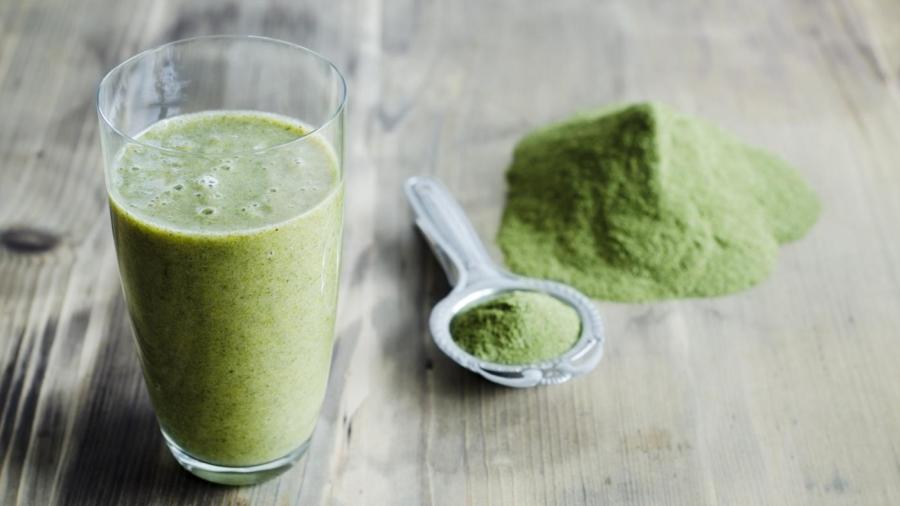What Are the Side Effects of Moringa Oleifera?

Side effects of Moringa oleifera include uterine contraction, low blood pressure, slow heart rate, antifertility, increased risk of kidney and liver damage and miscarriage, notes Memorial Sloan Kettering Cancer Center. Patients are also advised to avoid roots and extracts of the plant in their natural form, as they may contain toxic substances that cause paralysis or death, according to WebMD.
Though Moringa oleifera is often taken by nursing women to increase milk production, not enough is known about the drug’s effects on infants, so nursing women are encouraged to avoid using the supplement, notes WebMD. Moringa oleifera is used to treat a variety of conditions, including anemia, arthritis, asthma, diabetes, headache, anxiety and depression, skin disorders, sleep deprivation, and stomach pain and ulcers. Though it is used mainly in tablet form, leaves of the plant are also rubbed directly on the skin to treat athlete’s foot, dandruff, gum disease, skin infections, snakebites and warts.
The all-natural health supplement is widely considered safe by health professionals. Most users of Moringa oleifera report good health, heightened recovery from medical problems and physical workouts and increased energy levels, according to IdealBite. In vitro and animal studies have revealed the edible plant to have antibacterial, anticancer, antifungal, anti-inflammatory, antisickling, antiviral, hepatoprotective and hypoglycemic properties, says Memorial Sloan Kettering Cancer Center.





